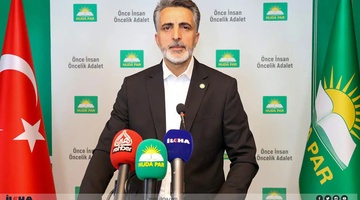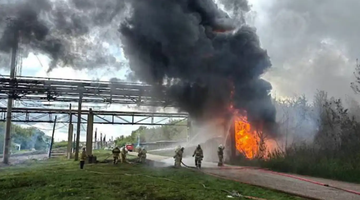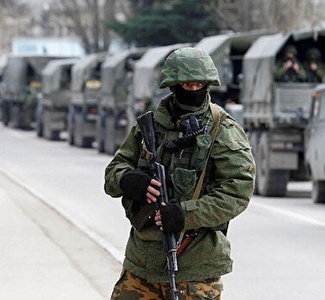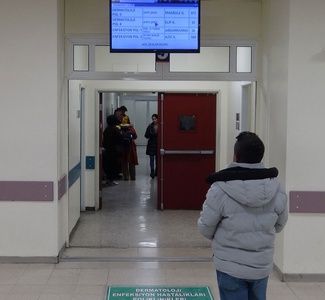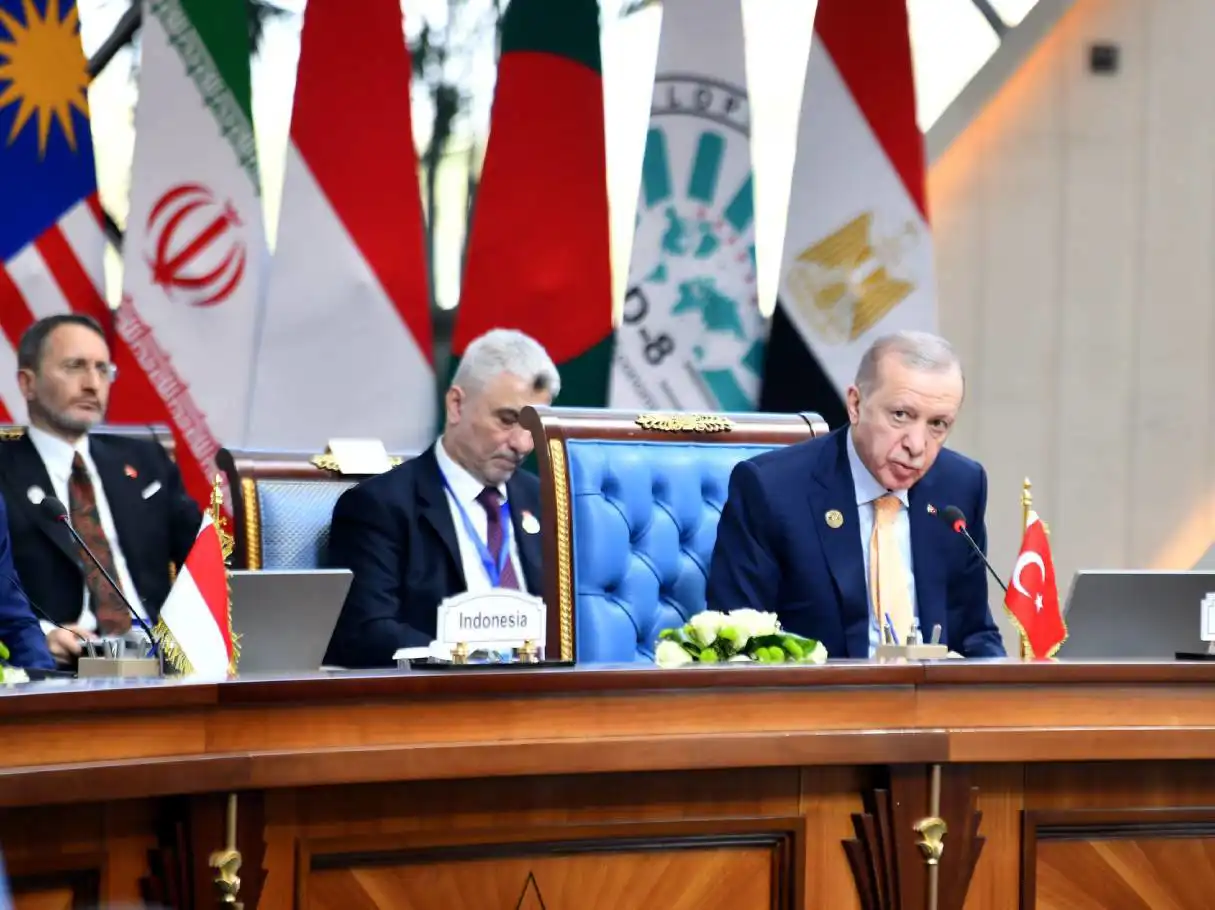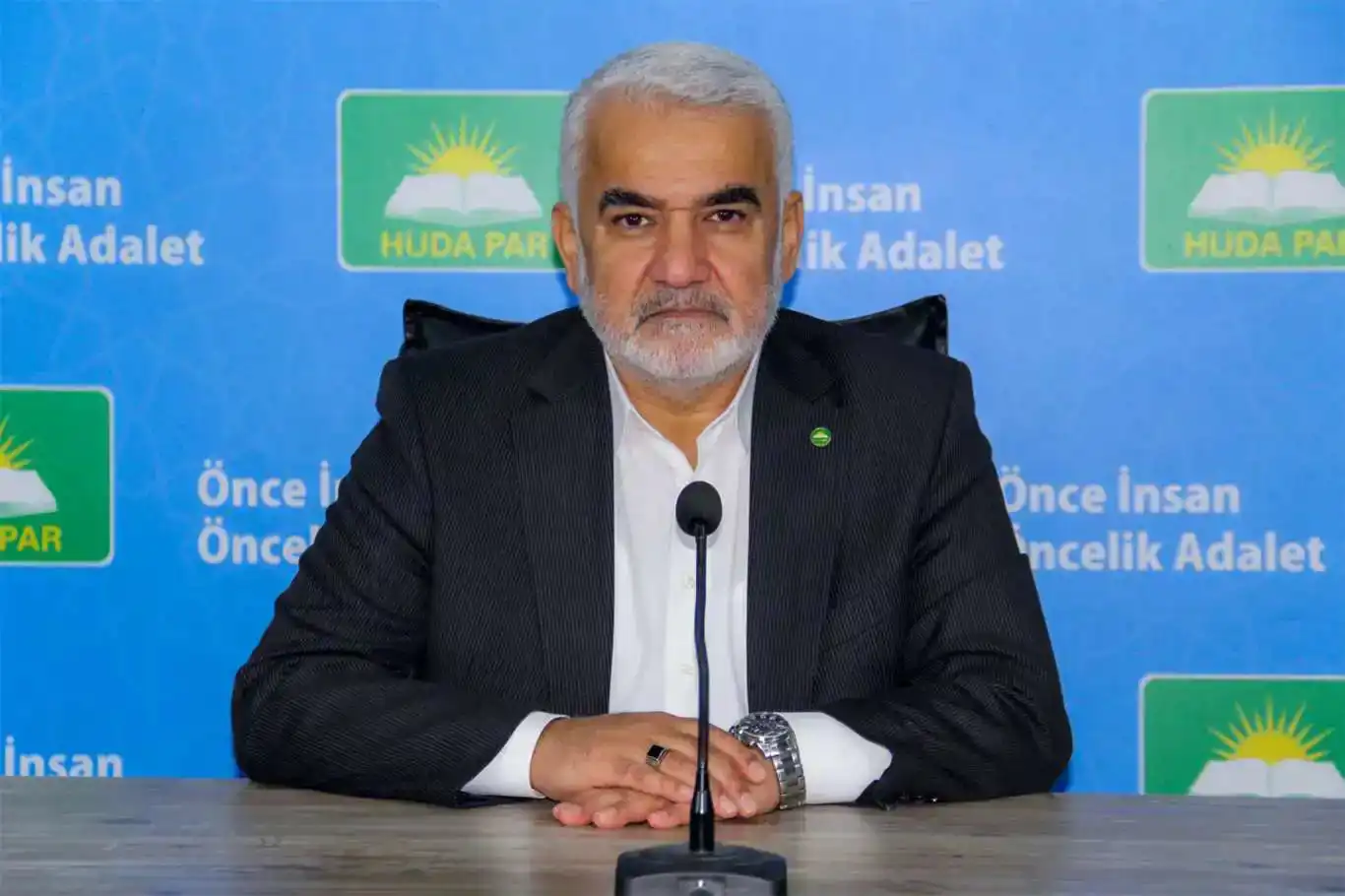Sudan declares cholera epidemic after 22 deaths
Sudan's Health Ministry has officially declared a cholera epidemic after the disease claimed 22 lives, further exacerbating the country’s humanitarian crisis.
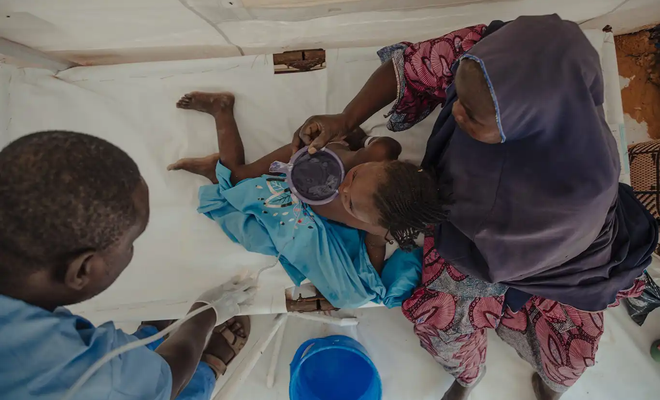
 Google News'te Doğruhaber'e abone olun.
Google News'te Doğruhaber'e abone olun. The announcement was made by Health Minister Haitham Ibrahim on Saturday, as the nation grapples with catastrophic floods and a 16-month-long conflict that has devastated much of the country.
"We are declaring a cholera epidemic because of the weather conditions and because drinking water has been contaminated," Minister Ibrahim stated in a video address. The decision was made in coordination with local authorities in the eastern state of Kassala, United Nations agencies, and health experts after Sudan's public health laboratory confirmed the presence of the cholera virus.
According to Ibrahim, at least 354 confirmed cases of cholera have been reported across Sudan. However, he did not specify the time frame for these cases or the deaths. The World Health Organization (WHO) has reported that between January 1 and July 28, 2024, 78 cholera-related deaths and more than 2,400 cases were recorded in Sudan.
Cholera is a rapidly spreading, highly contagious infection that causes severe diarrhea, leading to dehydration and potentially death if not treated promptly. It is commonly transmitted through the ingestion of contaminated food or water.
The cholera outbreak is the latest in a series of calamities for Sudan, which has been in turmoil since April 2023, when escalating tensions between the military and the paramilitary Rapid Support Forces (RSF) erupted into full-scale war. The conflict has transformed the capital, Khartoum, and other urban areas into battlegrounds, devastating civilian infrastructure and overwhelming an already fragile healthcare system. Many hospitals and medical facilities have been forced to close due to a lack of resources.
The ongoing conflict has killed thousands, displaced millions, and led to widespread famine, particularly in the northern region of Darfur. The International Organization for Migration (IOM) reports that over 10.7 million people have been forced to flee their homes, with more than 2 million seeking refuge in neighboring countries. The United Nations and international human rights organizations have documented atrocities during the conflict, including mass rape and ethnically motivated killings, which they say constitute war crimes and crimes against humanity.
Recent seasonal floods have compounded Sudan’s humanitarian crisis, killing dozens and displacing approximately 118,000 people across 12 of Sudan’s 18 provinces. Critical infrastructure has been severely damaged or destroyed by the floods, worsening the already dire conditions.
Cholera is not new to Sudan. A major outbreak in 2017 resulted in at least 700 deaths and 22,000 cases in less than two months. The current outbreak began in Kassala before spreading to nine localities across five provinces. According to WHO spokesperson Tarik Jašarević, most of the affected individuals had not been vaccinated against cholera. WHO is now collaborating with Sudanese health authorities to launch a vaccination campaign.
In response to the mounting crisis, Sudan’s military-controlled Sovereign Council announced on Sunday that it would send a government delegation to Cairo to meet with American officials. The US has been pressuring Sudan’s military leaders to engage in ongoing peace talks in Switzerland aimed at ending the conflict. (ILKHA)




























